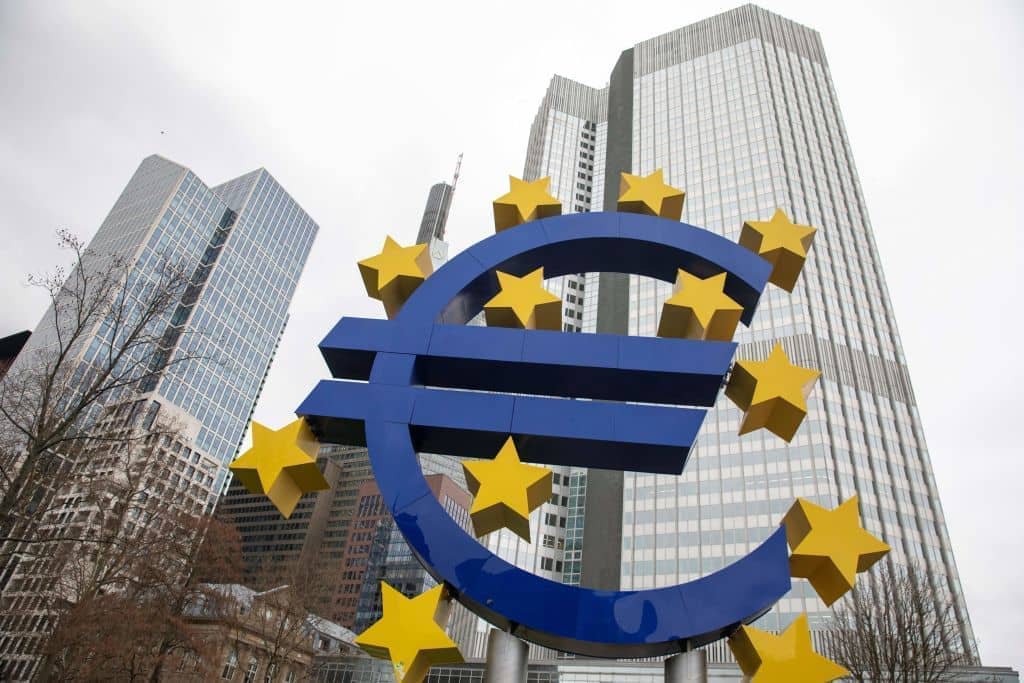Since June 2016 we have settled into a pattern. Whenever the pound plunges, it is followed by cries of ‘I told you so’. It is all the fault of Brexit and a result of international investors fleeing Britain and taking their money elsewhere. And when the euro plunges? We hardly hear a thing. Yet today, the euro has passed a milestone which ought not to be ignored: it has fallen below parity with the dollar for the first time since 2002. It is quite a tumble given that in 2008 it was trading at $1.5. Against the pound, the euro is now back to where it was in 2012, long before Britain’s departure from the EU became a serious prospect.
The Euro’s crash is a symptom of how dimly investors view the Eurozone’s structure and Europe’s ill thought-out green transition
International investors might not much like the look of the UK economy just at the moment, but even less do they like the look of the eurozone. It is not just that sluggish growth has become embedded all across Europe, Britain included, over the past decade. The eurozone stands out as being markedly behind the US and Britain in tackling inflation. While the Fed and the Bank of England have been tightening policy for months, the European Central Bank did not make its first move until July – when it raised rates to zero. If inflation were allowed to run higher for longer in the eurozone, devaluing the currency in real terms, it is inevitable that the euro would find itself being devalued against other currencies, too.
Besides that are the stresses once again building up in the eurozone as a result of government debt. The sovereign debt crisis of a decade ago was treated but not cured. Still, Eurozone members are not masters of their currency. In extremis, unlike countries which do have a sovereign currency, they cannot print their way out of a debt crisis. They cannot underwrite the value of their government debt and thus face a much higher risk of default.
Then there is the huge error that eurozone countries have made with energy policy, ignoring energy security while fixating on trying to eliminate carbon emissions. Europe may think it is stealing a march on the rest of the world by allowing investment in fossil fuels and nuclear energy to decline as it switched to renewables. Trouble is, renewables have been arriving at a slower pace than fossil fuel resources and nuclear have been decommissioned – leaving the eurozone particularly dependent on Russian gas. Nowhere in the world has been immune from the surge in energy prices this year, but it has come as a bigger shock to a region that until February was deriving 40 per cent of its gas imports from Putin’s Russia.
We are finding out just how much cheap energy drives an economy – and what it means for growth when you no longer have that cheap energy available. The crash of the euro is a symptom of how dimly investors view the structure of the Eurozone and Europe’s ill-thought-out green transition. Britain can’t crow too much, but its prospects seem just a little brighter given that it has some degree of insulation from a renewed crisis in the eurozone.







Comments